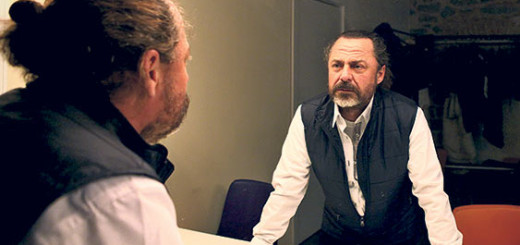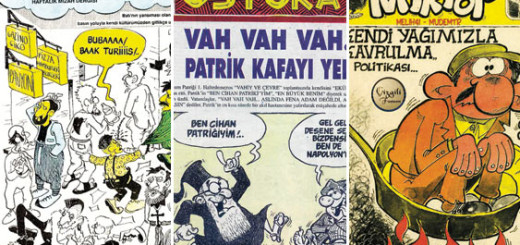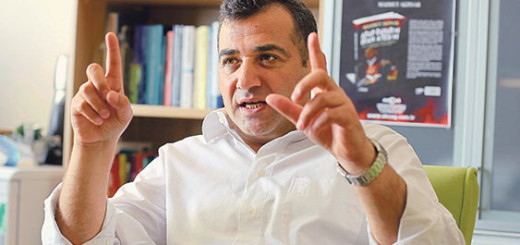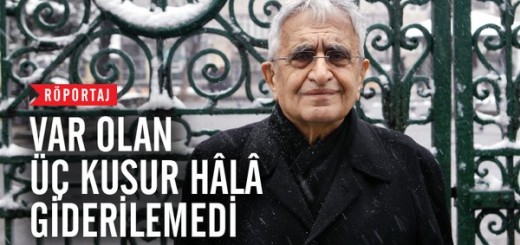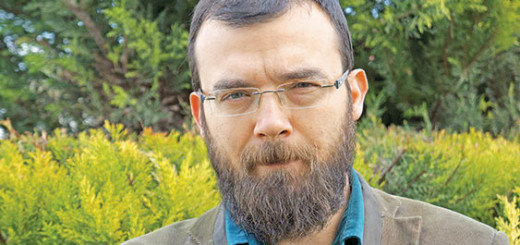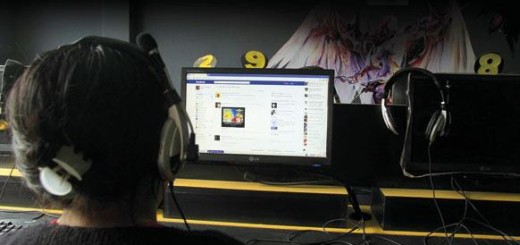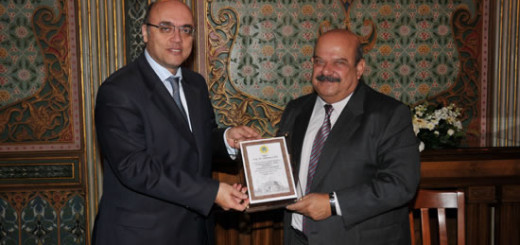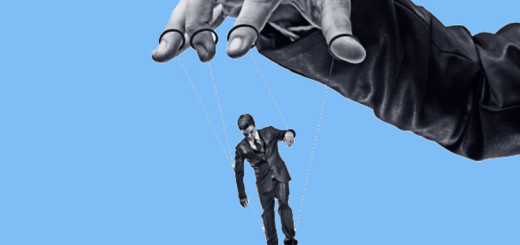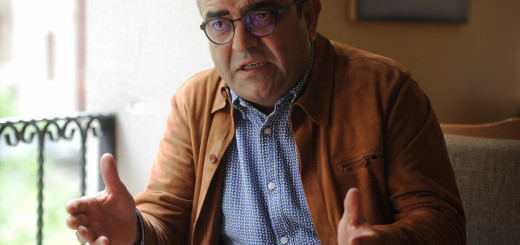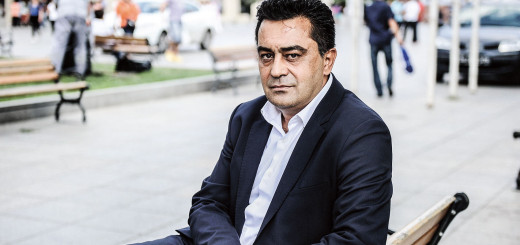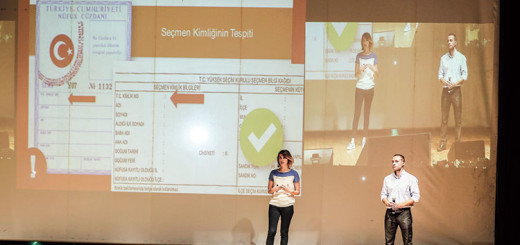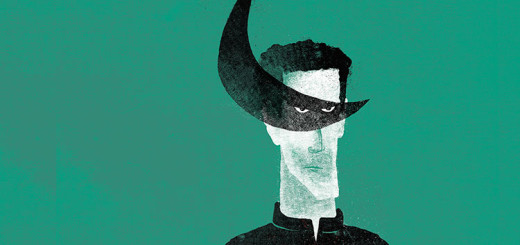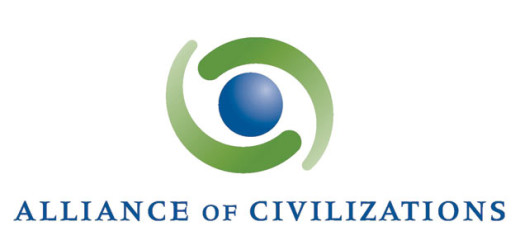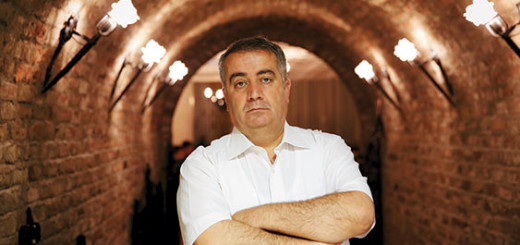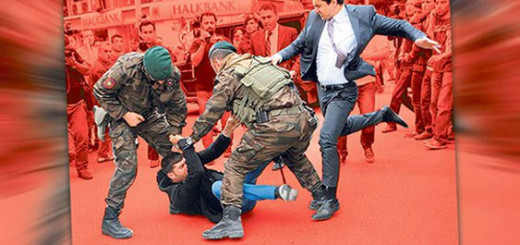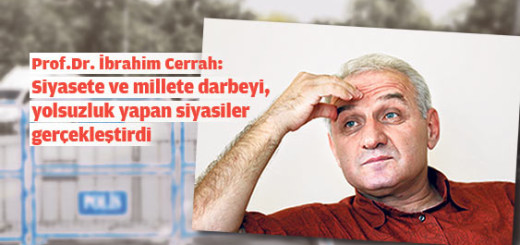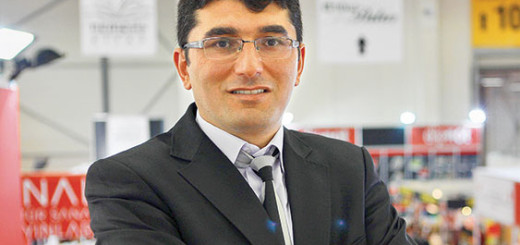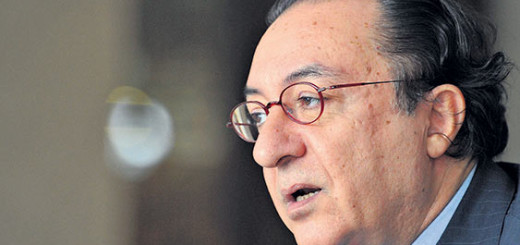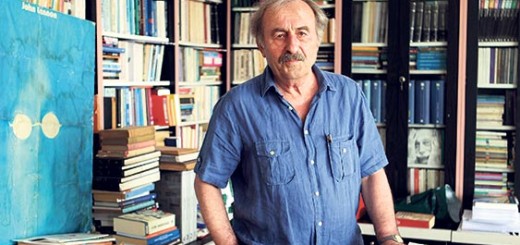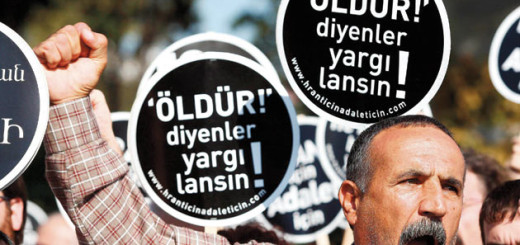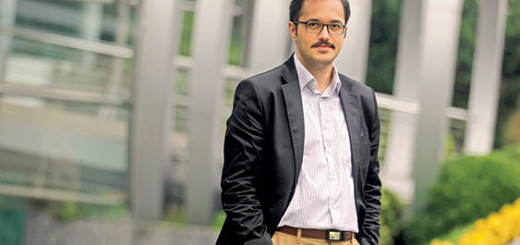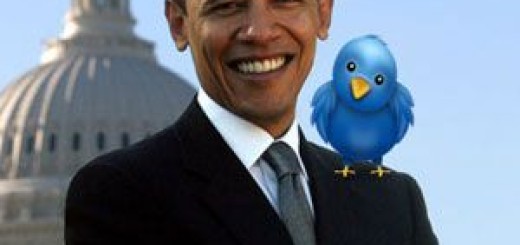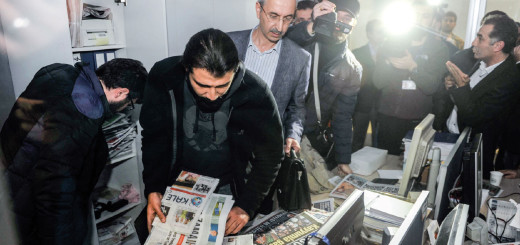
Weekly magazine Penguen’s cover page (R) titled “Tayyipler Alem i” (World of Tayyips) angered then-Prime Minister Erdoğan, who filed for damages against the magazine in 2005.
A close look at the history of the Turkish Republic shows that satire has always received a good share of the restrictions on freedom of expression in the country; it was either tamed or nearly eliminated in different eras, and the 12-year term of the Justice and Development Party (AK Party) government has been no exception.
In truly democratic societies, governments show tolerance for works of art and satire that are critical of government policies, and they see their criticisms as a method of government supervision, not as an attack on the government. Yet, it is not possible to say that Turkey has had a good record on this in its history.
Every kind of humor that is critical of the state quickly becomes a government target after a while, which leads to the weakening of the role of humor in society and of a culture of tolerance.
The number of people in Turkey who face pressure or legal action due to their anti-government remarks or cartoons or other work is rapidly increasing. Just as it has been in the past, cartoonists have also faced pressure during the term of the AK Party government.
The first most prominent case filed due to a cartoon under AK Party rule was one launched against the left-leaning Evrensel newspaper in 2004.
The cartoon that accompanied an article titled “Gölgedekiler,” (Those under the shadow) on April 5, 2004, showed then-Prime Minister Recep Tayyip Erdoğan‘s adviser Cüneyd Zapsu on Erdoğan’s back, holding the reins. Both Erdoğan and Zapsu filed a case for non-pecuniary damages to the paper.
While Zapsu’s case for damanges was rejected, Erdoğan’s was accepted. Erdoğan won TL 10,000 in damages from the daily on the grounds that the cartoon in question included attacks on Erdoğan’s personal rights and it went beyond the limits of freedom of expression and tolerance. The daily appealed the local court’s ruling at the Supreme Court of Appeals, which then annulled the local court’s decision in favor of Evrensel.
Weekly comic magazine Penguen’s cover page titled “Tayyipler Alemi” (World of Tayyips) also angered then-Prime Minister Erdoğan, who filed a case for non-pecuniary damages against the magazine at an Ankara court in 2005. At the end of the two-year trial process, the court ruled in 2007 that the cartoon in question was within the limits of criticism.
Cartoonist İbrahim Özdabak from the Yeni Asya daily said drawing a political cartoon is showing opposition and the people’s perception of these cartoons show how democratic a society is.
Özdabak is mostly upset by attacks on his cartoons in the social media by anonymous users.
“Some of these criticisms [in the social media] go beyond the limits of criticism. Some people who are at the age of my children or grandchildren, hiding behind fiber cables, organize [cyber-]lynching campaigns and hurl threats at me. They try to harass me by phone. … You are put under constant pressure and become the target of certain groups. You see the footprints of an oppressive era that lacks tolerance. The only thing we have in our hands is a pencil. Who will benefit from the breaking of this pencil? How can there be anything wrong in making people smile from seeing a different perspective? We don’t work with power, money, personal interest, pressure or force, but inspiration,” he told Sunday’s Zaman.
In May 2004, cartoonist Musa Kart of the Cumhuriyet daily had to pay damages in the amount of TL 5,000 to Erdoğan due to one of his cartoons in which he depicted Erdoğan as a cat tangled up in string in order to explain how Erdoğan created a mess in trying to solve a problem related to the religious imam-hatip schools.
Cartoonist Turgut Çeviker is of the belief that Erdoğan has no sense of humor as he was even upset by having been drawn as a cat in a cartoon.
He said leaders were drawn in the form of various animals in the past, but Erdoğan could not even tolerate having been drawn as a cat and filed a case against the cartoonist.
“The art of analogy cannot be taken away from the hands of the cartoonists. Such a thing would mean taking away the hands of a cartoonist. A cartoonist would not allow this because his work is making an analogy of things and people. Erdoğan does not understand art in general or he does not have any sense of humor in particular or does not like it. Legal action is taken against cartoonists by politicians. The opposition likes cartoons that criticize the ruling party,” Çeviker said.
In July 2006, weekly humor magazine Leman was challenged by a compensation case from Erdoğan due to his cover page, which read, “Reco Kongo Kenesi Türkiye’nin Anasını Ağlatıyor” (Reco [a reference to Erdoğan’s first name Recep] Congo Hemorrhagic Fever is making Turkey suffer badly). The cover page had an image of a Turkish citizen on whose back was Erdoğan depicted as a tick. Erdoğan filed a TL 25,000 case against cartoonist Mehmet Çağçağ and Leman.
However, the court rejected Erdoğan’s demand for damages on the grounds that the content of the cartoon was within the limits of criticism.
According to cartoonist Tan Oral from the Taraf daily, there are few politicians who like satire because satire not only reveals their decisions and policies but also their insincerity and lies.
“They are right in not liking satire because satire most importantly reveals whether they are clever or dangerous. I mean, a clever politician just laughs at humorous criticism and they correct their mistakes or they just don’t care about them while the other one attempts to defend themselves and take revenge on the humorist, and that one is dangerous. The magic of humor is this it even forces a dangerous politician to be smarter after appearing several times in a cartoon,” he said.
Oral also said as long as there is a strong democracy in a country and the channels of political opposition are open, the need for satire and its influence weaken, while in the opposite situation, the need for humor increases and the language of humor gets sharper.
In a recent development, Erdoğan sued Kart again earlier this year for a cartoon he drew following the launch of the Dec. 17 graft probe of last year in which senior government members were implicated.
Erdoğan filed a criminal complaint against Kart in February, when he was still prime minister, claiming that the artist had committed the crime of “insulting through publication and slander” via a cartoon. Kart had drawn a caricature of Erdoğan serving as a security guard in a robbery. Following Erdoğan’s complaint, the İstanbul Chief Public Prosecutor’s Office dropped the charges against Kart. However, the decision was appealed by the lawyer representing Erdoğan. A prison sentence of 10 months was sought for Kart. However, Kart was cleared of charges in a court ruling last month.
